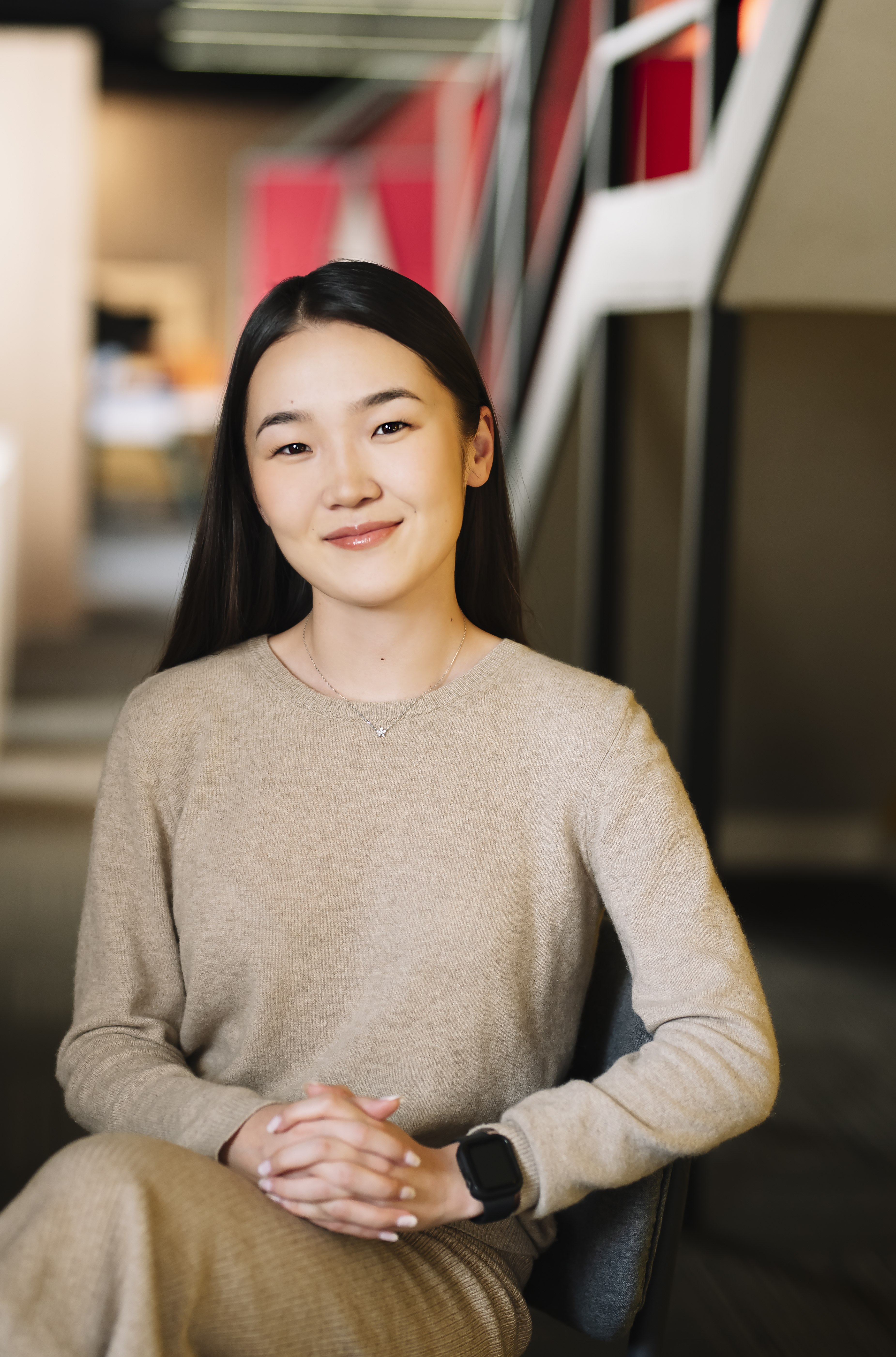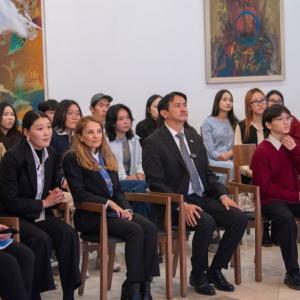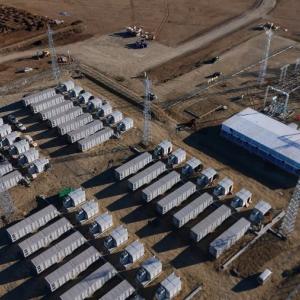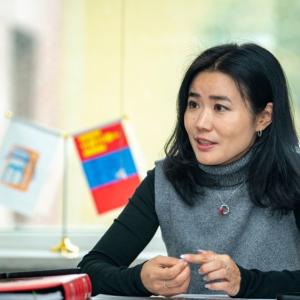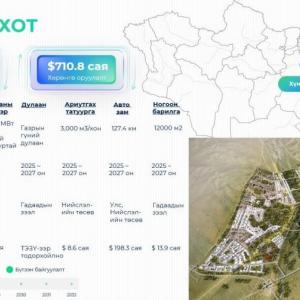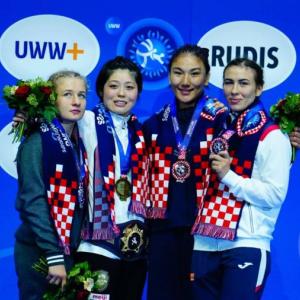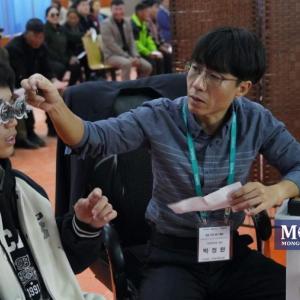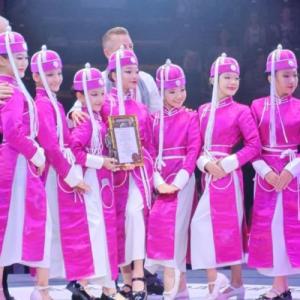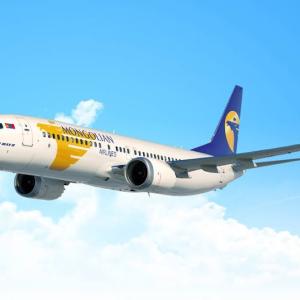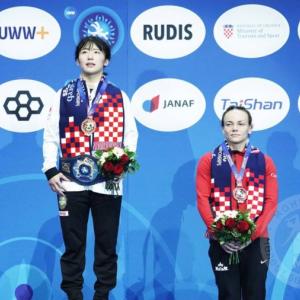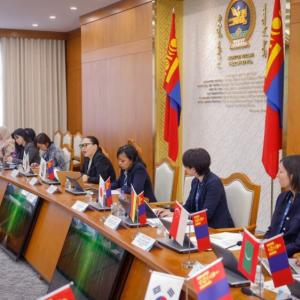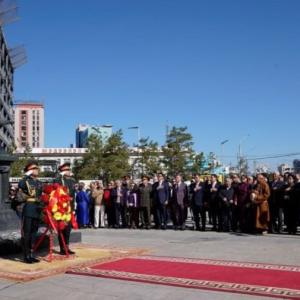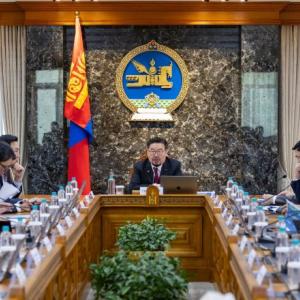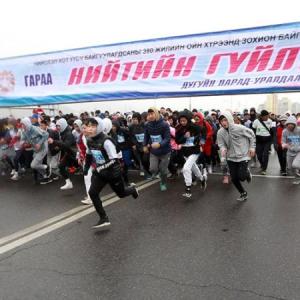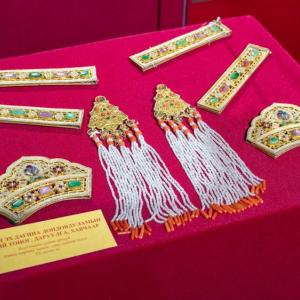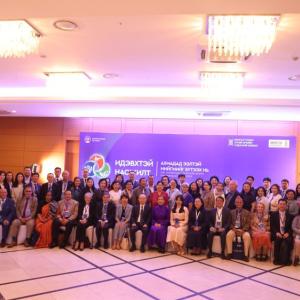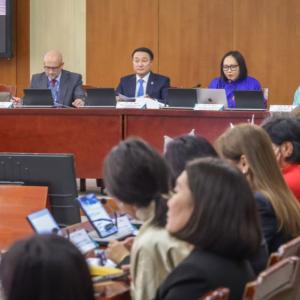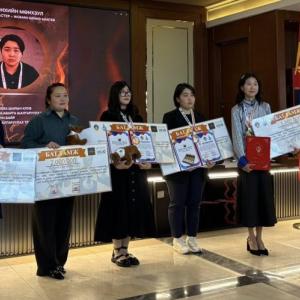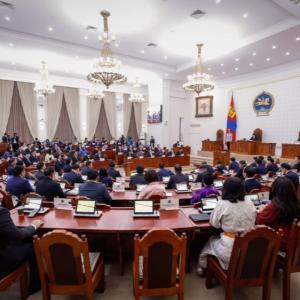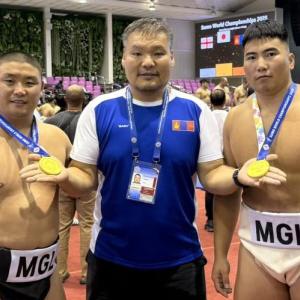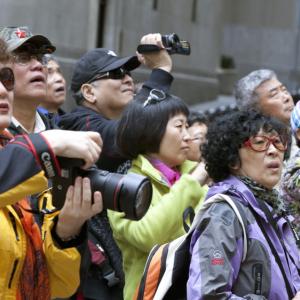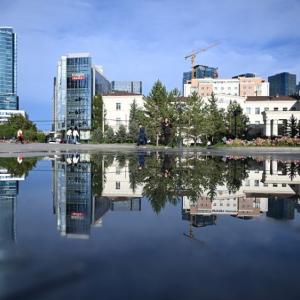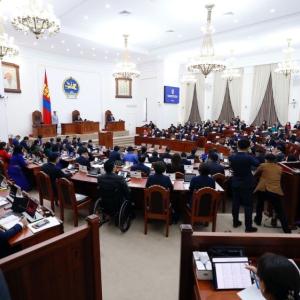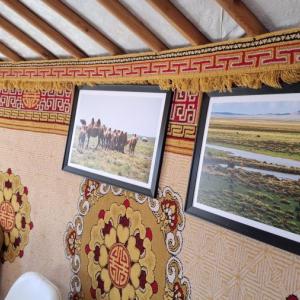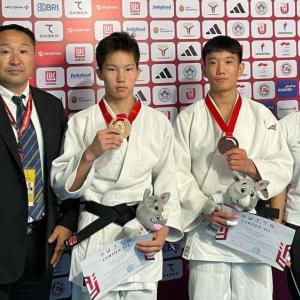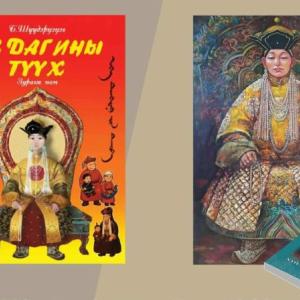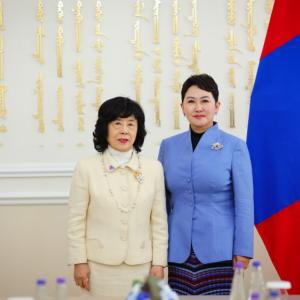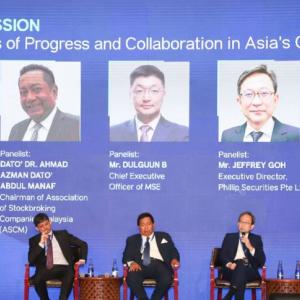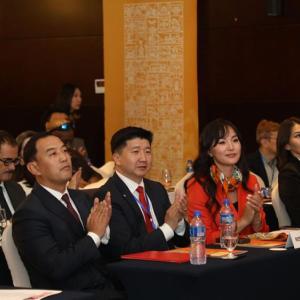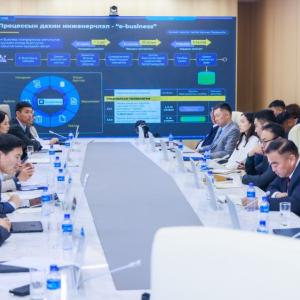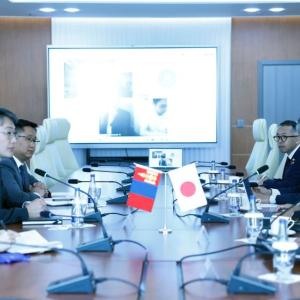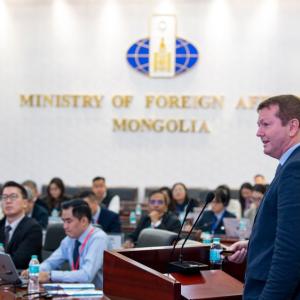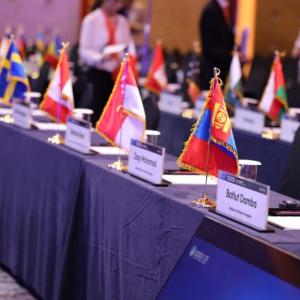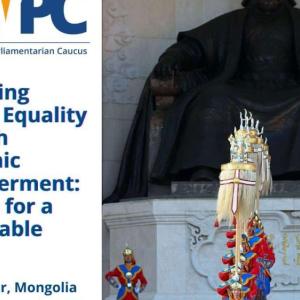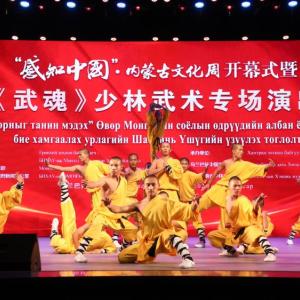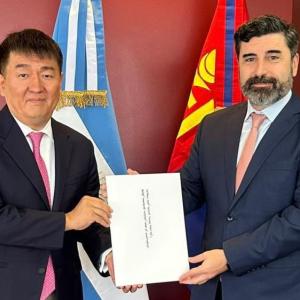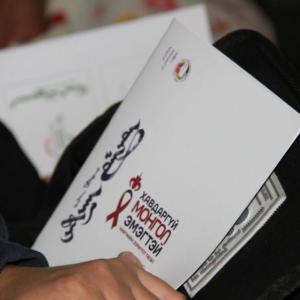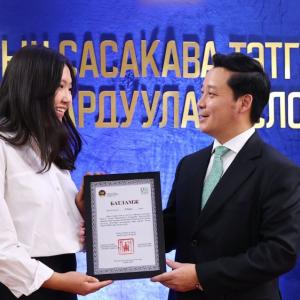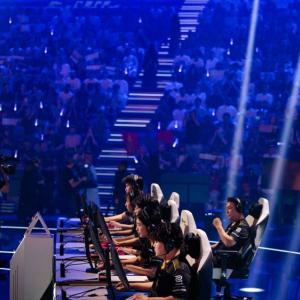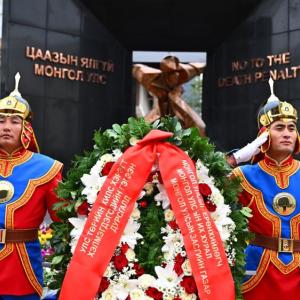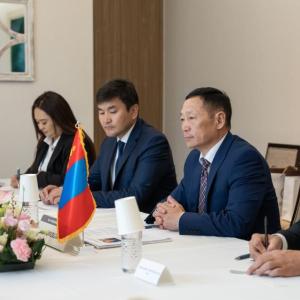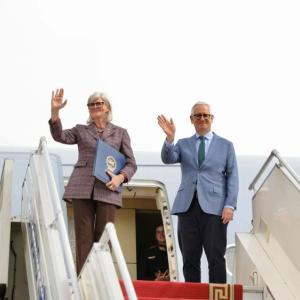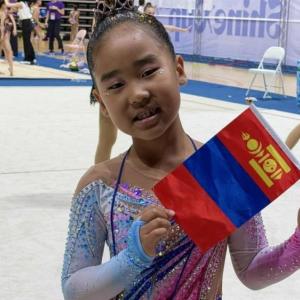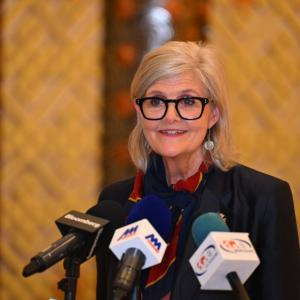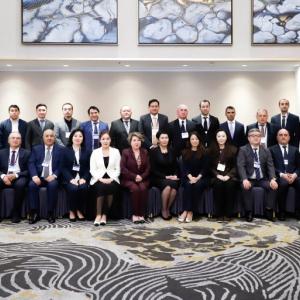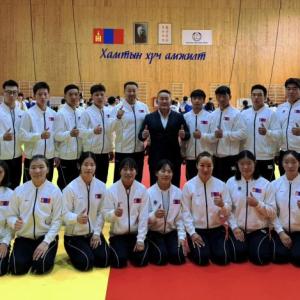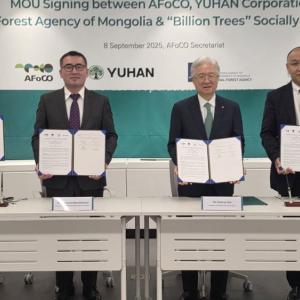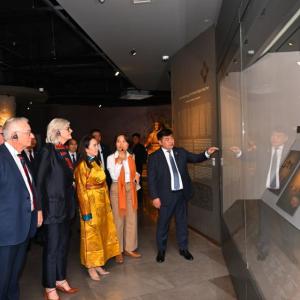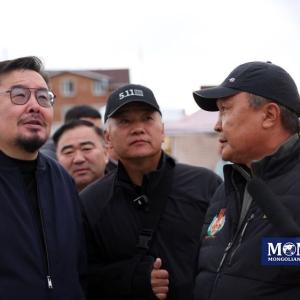Mongolia-China Media: AI Brings Unprecedented Opportunities, Challenges
Society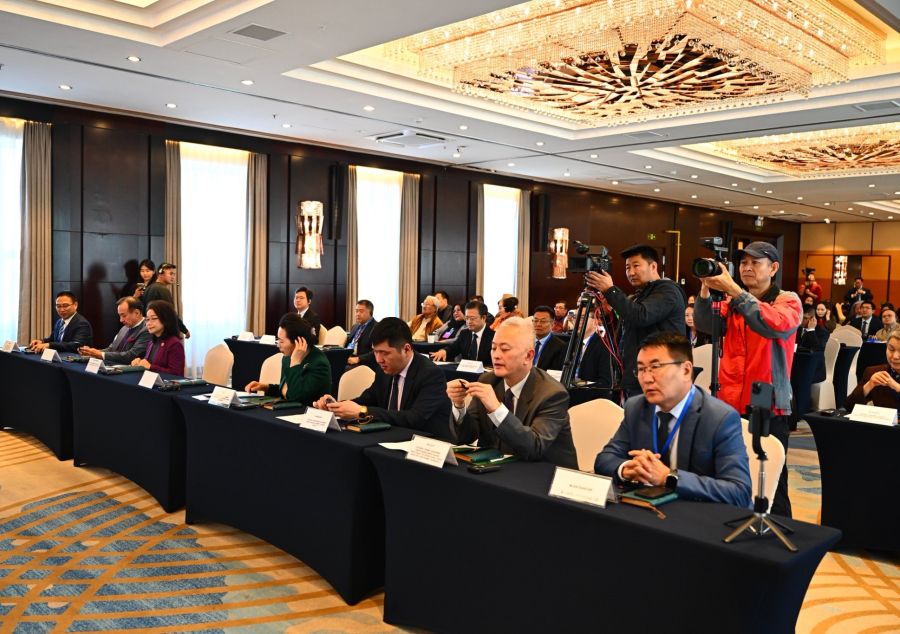
Ulaanbaatar, September 18, 2025. /MONTSAME/. The
15th Mongolia-China Media Forum was co-organized by the Confederation of
Mongolian Journalists (CMJ), the All-China Journalists Association (ACJA), and
the Media Department of the People's Government of the Inner Mongolia
Autonomous Region (IMAR) on September 17, 2025.
Over 100 representatives participated in the forum held
under the theme “Mongolia-China Media Friendship and Cooperation in an Era of
Artificial Intelligence.” Guest speakers noted that “artificial intelligence is
bringing unprecedented opportunities, as well as challenges, in the media
sector.”
Secretary-General of the CMJ B. Uuganbayar noted, “For
a country like Mongolia, with a small population and a shortage of skilled
professionals, especially in the media sector, the integration of artificial
intelligence (AI) into daily operations brings many advantages.” According to
him, journalists, particularly those with technical expertise, should make
greater use of these opportunities. Although Mongolia’s media sector employs
around 4,500 people, a persistent shortage of qualified specialists remains,
especially technical staff in television. Currently, Mongolian media
organizations are already using AI in areas such as news production and even
substituting television hosts. He emphasized that in the future, instead of ten
cameramen standing behind ten studio cameras, the industry should advance to
the point where a single person, assisted by AI, can broadcast the entire
program.
Director of the Secretariat of the ACJA, Wu Xu, remarked in
his speech, “The media is a window for enhancing mutual understanding among
people and a bridge that connects hearts. In this era when the wave of
artificial intelligence is sweeping the world, Chinese and Mongolian media
organizations shoulder even greater responsibilities. Both sides should seize
this opportunity to jointly explore the use of AI in every stage of journalism
— from information gathering and production to distribution and verification.
At the same time, they should learn from each other in areas such as
technological development, data sharing, and algorithmic ethics, strengthen
cooperation, and together address challenges such as disinformation and
algorithmic bias. The goal is to direct technology more effectively toward
serving the information, knowledge, and cultural needs of the peoples of both
countries.”
First-Level Inspector of the International Communication
Bureau of China’s State Council Information Office, Zhang Dong, remarked, “The
continuous progress of cultural exchanges between China and Mongolia to new
stages and levels is itself a result of the work of the media organizations of
the two countries.” He further stressed that by adhering to the principles of
mutual support, cooperation, and shared benefit, the two sides should seek new
approaches and models of media collaboration. These include localizing
television and radio programs, content exchanges, joint planning, personnel
exchanges, and joint reporting. He emphasized that the opportunities brought by
the new wave of science and technology, with artificial intelligence as its
hallmark, should become a fresh driving force for media cooperation between the
two countries.
Translator and Journalist at the MONTSAME Mongolian
National News Agency, Urin Nyamsuren, shared in her
presentation, “In recent years, the agency has been experimenting with the use
of AI-based voice conversion technology in video news and content dubbing. For
example, an audio recording originally narrated by a woman can be transformed
into the voice of an older man using AI. When applied appropriately and
purposefully, AI enhances productivity, saves time, and accelerates progress.”
She added that MONTSAME is planning to expand content production further by
actively applying AI and advanced technological solutions.
Since its inception in 2010, the Mongolia-China Media Forum has been successfully held 14 times, thanks to the joint efforts of journalists from both countries, and has become an important channel for bilateral communication and cooperation.

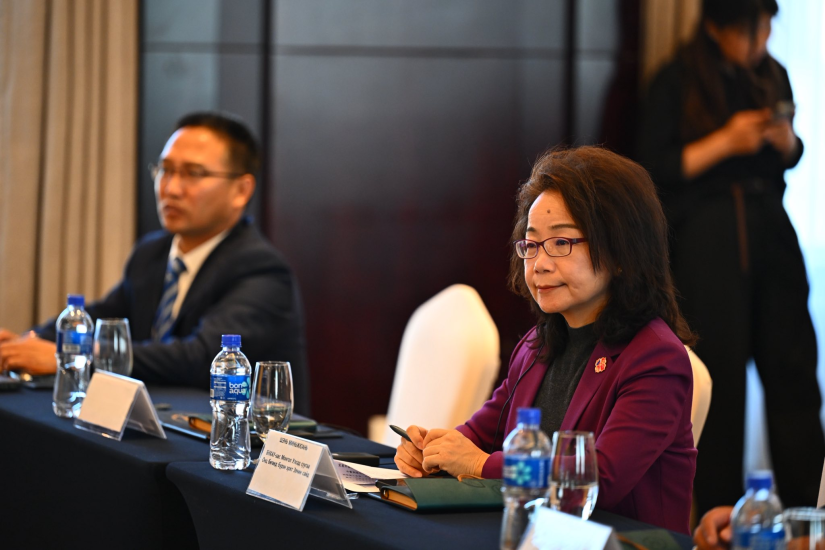
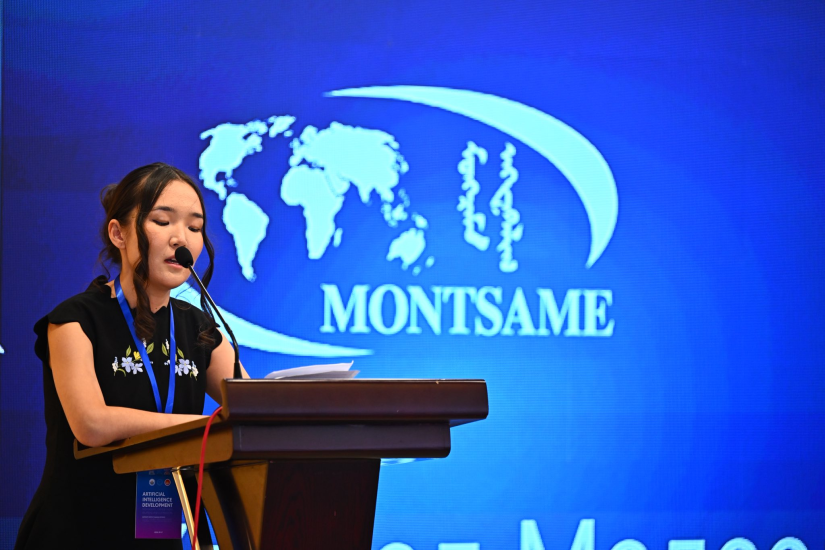




 Ulaanbaatar
Ulaanbaatar
